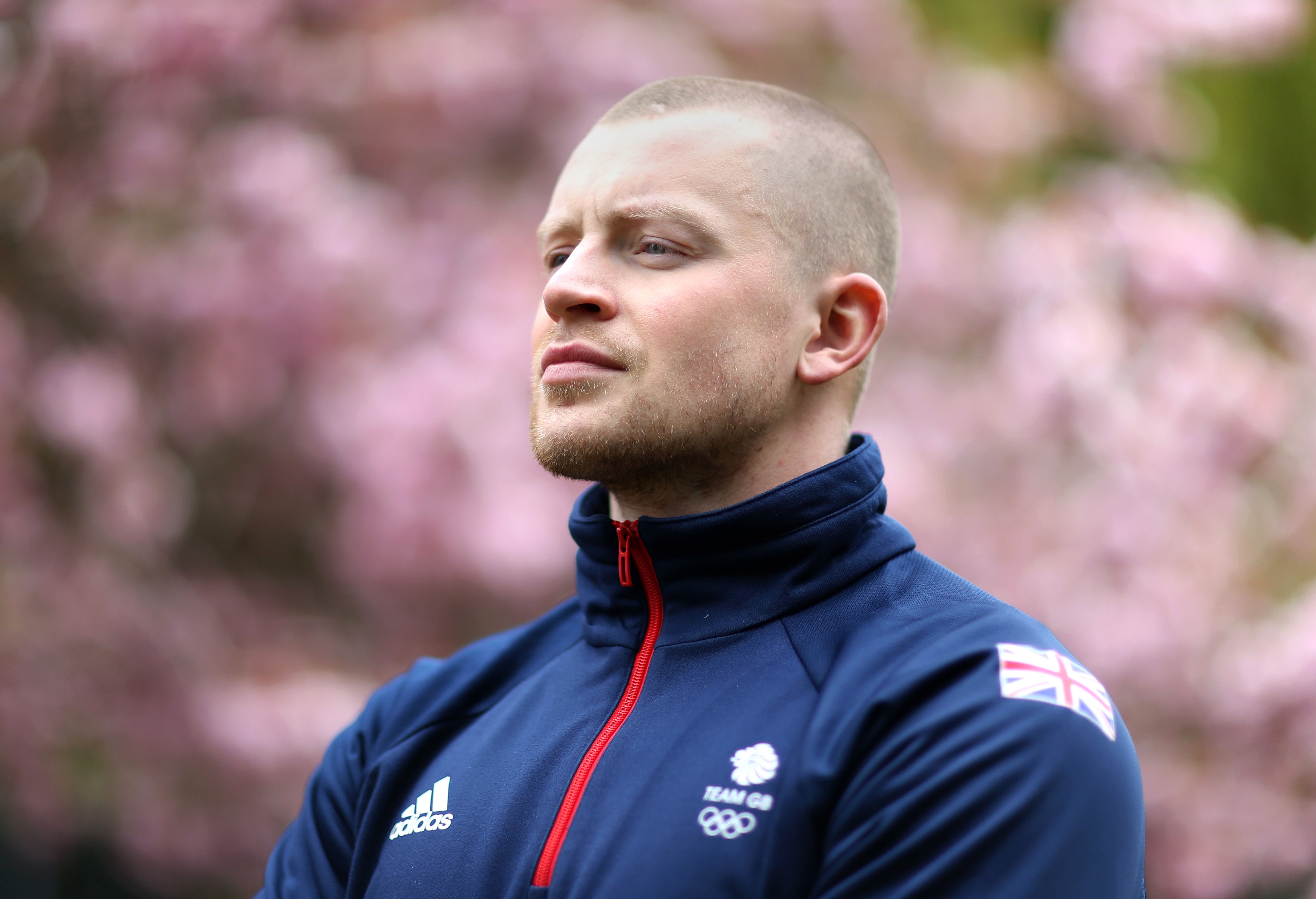Athletes have a right to protest at Tokyo Games, says Olympic champion Peaty
The International Olympic Committee revealed last week than any demonstrations are forbidden

Your support helps us to tell the story
From reproductive rights to climate change to Big Tech, The Independent is on the ground when the story is developing. Whether it's investigating the financials of Elon Musk's pro-Trump PAC or producing our latest documentary, 'The A Word', which shines a light on the American women fighting for reproductive rights, we know how important it is to parse out the facts from the messaging.
At such a critical moment in US history, we need reporters on the ground. Your donation allows us to keep sending journalists to speak to both sides of the story.
The Independent is trusted by Americans across the entire political spectrum. And unlike many other quality news outlets, we choose not to lock Americans out of our reporting and analysis with paywalls. We believe quality journalism should be available to everyone, paid for by those who can afford it.
Your support makes all the difference.Athletes have a right to express their opinions and take a stance without being punished, Britain’s Olympic swimming champion Adam Peaty said on Tuesday in response to a ban on protests during the Tokyo Games.
The International Olympic Committee (IOC) said on Wednesday it was retaining Rule 50 forbidding any kind of “demonstration or political, religious or racial propaganda” in venues and other Olympic areas.
That means athletes risk punishment for taking a knee or raising a fist in support of racial equality.
“I think that people do have the right to protest and have the right to do it where they want. I don’t think we should fine them for expressing their opinions,” Peaty told reporters after a British swim team announcement.
“It’s like me now, I wouldn’t want to be fined for saying it. But it’s everything with balance.”
Peaty cited the possible example of a gold medal winner taking the opportunity to protest on the podium and taking away attention from the silver and bronze medal athletes after years of hard work.
“There is a very fine line but there are so many issues in the world as well you don’t want to take away the right of those athletes to protest,” said Peaty.
Team mate Duncan Scott was warned by world body FINA after he refused to share a podium or shake the hand of China’s Sun Yang at the 2019 world championships because of a doping controversy.
Scott, also selected for Tokyo, agreed with Peaty.
“There has got to be a reason why somebody would want to protest. They are not just going to do it for anything. I don’t know what people want to do on the podium, but crack on,” he said.
Team GB chef de mission Mark England said there had been a call with some 300 British athletes a few months ago and a second “comprehensive and open dialogue” was likely in May.
“We’ll listen to what they have to say and want to do,” he added. “It’s really important we find an avenue and a route for those athletes across the team who wish to protest against whatever issue may be close to their heart.”
Reuters
Join our commenting forum
Join thought-provoking conversations, follow other Independent readers and see their replies
Comments